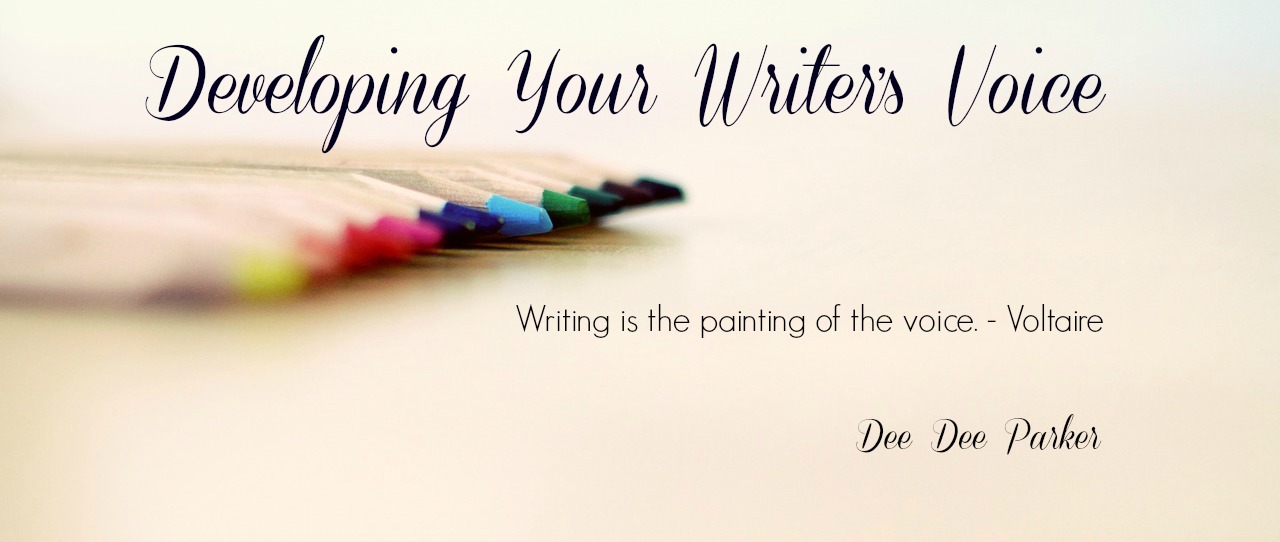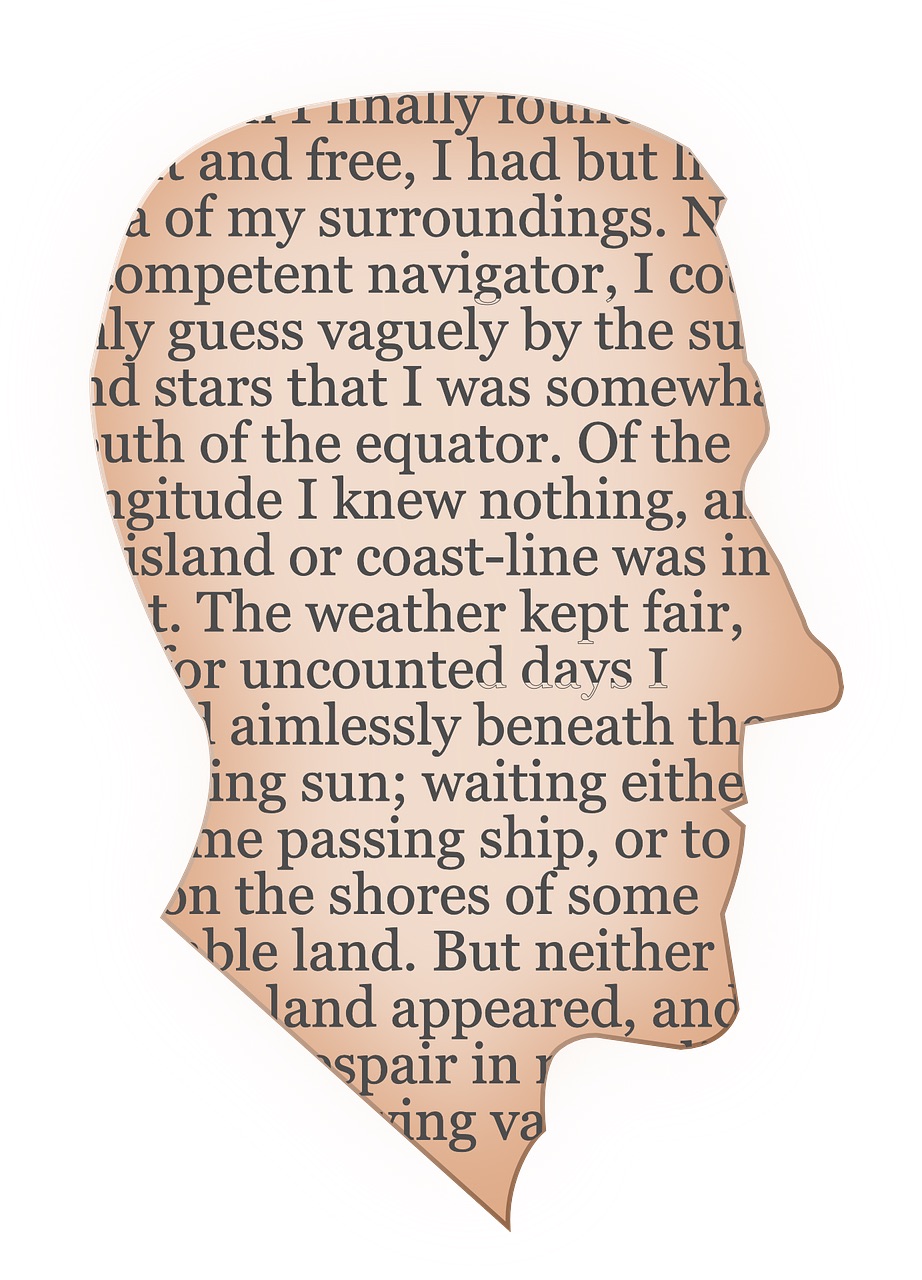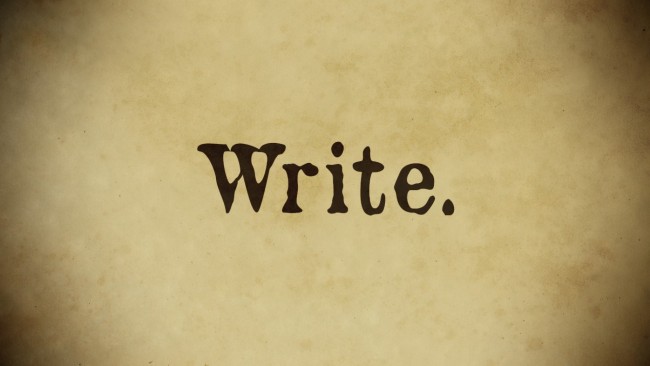
Find Your Writer’s Voice Through Blogging
I enjoy blogging about the Appalachian mountains where I live. My blog speaks to the traditions, faith, lifestyle, and…
April 8, 2016
I enjoy blogging about the Appalachian mountains where I live. My blog speaks to the traditions, faith, lifestyle, and…
April 8, 2016
Many of us belong to writers groups that meet regularly with the goal of honing our writing skills, finding…
March 7, 2016
“I write only because there is a voice within me that will not be still.” –Sylvia Plath Are there…
February 14, 2016
I’ve received several questions concerning how one recognizes their writer’s voice. For those of you who discovered your voice…
January 4, 2016
There are two schools of thought about Christmas newsletters we receive from friends and family. One group loves them,…
December 2, 2015
Is it possible for a dinosaur of technology to help define your writer’s voice? I say yes and say…
November 3, 2015
I’m not sure how he did it, but the late Michael Crichton supposedly wrote 10,000 words a day, which…
October 22, 2015
A writer’s voice is the unique personality of the writer that comes through on the written page, defining his…
October 21, 2015
“Fill your paper with the breathings of your heart.” – William Wordsworth The breathings of our heart, our passion,…
August 14, 2015
“Do you have a unique voice?” It’s one question agents and editors often ask writers during one-on-one interviews at…
July 28, 2015